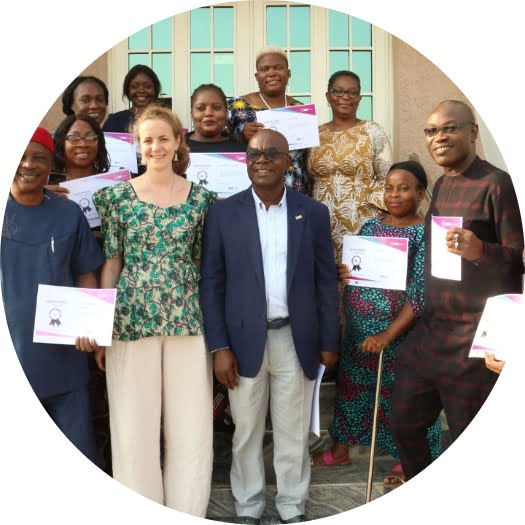Commoning mission is to change the way discrimination is fought by promoting an intersectional approach for better inclusion and more social justice.
Commoning vision is to be a recognised player of intersectionality in the field of equality within the next five years.
Commoning approach is guided by international human rights standards and nurtured by civil society activism.

Commoning activities
Girls and women
When achieved, it will imply equal visibility, empowerment and participation of men and women in all spheres of public and private lives.
Persons with disabilities
Let’s achieve full access and true participation of persons with disabilities at the samel level as of persons with no disabilities.
Socially disadvantaged people
By its very definition, the intersectionality concept calls for changing the ways to fight discrimination.
Promoting gender equality
Rooted in international women’s rights standards, Commoning provides technical support aiming to improved gender equality within your organisation and towards your target groups by:
- Designing and facilitating sensitisation events, in-house training and online courses
- Mainstreaming gender at each project steps, including budgeting as well as monitoring, evaluation, accountability and learning
Focus on:
- Inclusive governance, inclusing public policy development, advocacy and local development
- Education, including technical and vocational education and training (TVET)
- Entrepreneurship and women’s owned business
Becoming disability inclusive
Commoning supports you for better inclusion of persons with physical, sensory, intellectual or psychosocial disabilities by:
- Creating small to big awareness raising events
- Designing and facilitating in-house training and online courses
- Assessing disability inclusion, planning action and technically supporting disability mainstreaning in your organisation and throughout the project cycle, including budgeting as well as monitoring, evaluation, accountability and learning
In-depth expertise in:
- Governance, including public policy development, advocacy and community-based development
- Education, including technical and vocational education and training (TVET)
- The world of work, ranging from livelihoods, employment to entrepreneurship
Going intersectional
Today equality activists fight one ground at a time – either against racism, ableism or gender inequality, among others.
Yet people’s identity is defined by multiple characteristics. They also face compounding causes for discrimination. The person is at the intersection of several sources of equality and inequality.
That’s why Commoning wants to change how we move towards social justice by:
- Developing operational tools promoting intersectional inclusion
- Creating these tools with the concerned target group and committed stakeholders